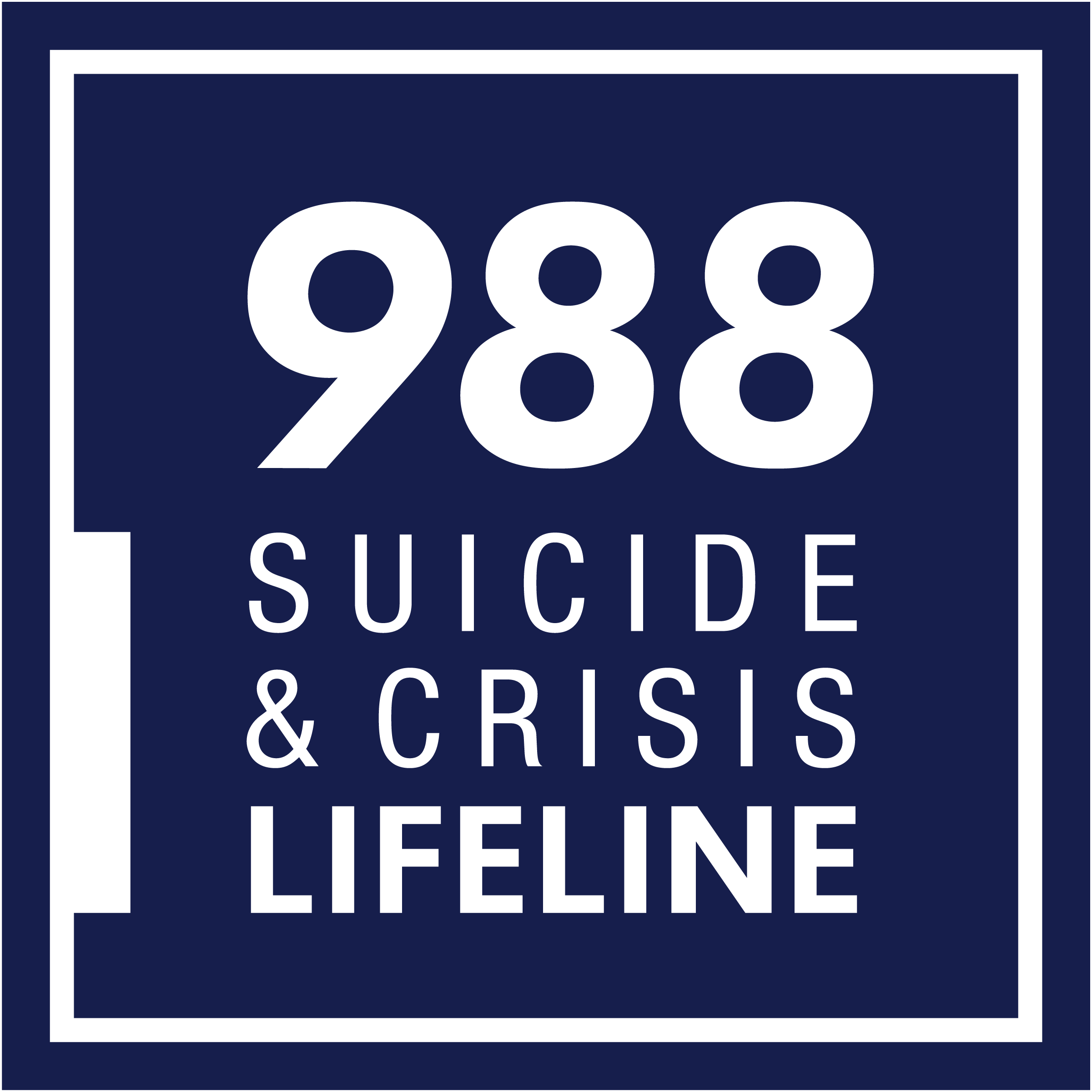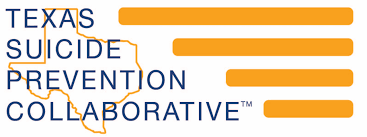Referrals to The Counseling Center at TTUHSC
Supervisor Referrals
As a supervisor or manager, you are often in the best position to help employees who are experiencing problems that affect their lives and/or job performance. When you become aware of such problems, you can encourage employees to seek the assistance and support of the Counseling Center and give them contact information for the EAP using this flyer.
Some employers allow supervisors to mandate employees to receive counseling through the Counseling Center in order to address job performance problems. These mandated referrals, known as "Formal Referrals", are usually part of a disciplinary process aimed at restoring an employee to acceptable levels of performance. Supervisor Referral Form
EAP counselors can:
- Help employees gain insight regarding their problems.
- Teach skills (e.g., anger management, communication) that will improve employee functioning in the future.
- Detect early signs of more serious problems.
- Link employees with community resources that are cost-effective and helpful.
Call the main EAP office 806.743.1327 for information regarding how to make a Formal Referral to the Counseling Center. We'll also explain what information can be provided to you concerning the employee's attendance and cooperation.
EAP staff are also available to assist you in various other ways.
Mental Health Resources
National Suicide Prevention Lifeline Call or text 988
If you are in crisis and one of the following applies to you:
- You feel you are in immediate danger of harming yourself.
- You feel you are in immediate danger of harming someone else.
- You have recently been assaulted or had a traumatic experience.
Please do one of the following:
- Call 911 – you will be connected with the police who can help you get emergency services.
- Call the StarCare Crisis Team 806.740.1414.
- Go to your local emergency room.
The Texas Suicide Prevention Collaborative (TxSPC) is a nonprofit organization dedicated to supporting Texas communities in their efforts to build suicide prevention capacity. We do this by promoting the use of evidence-based best practices that encourage the public health approach to suicide prevention. To view more available crisis lines click here.




